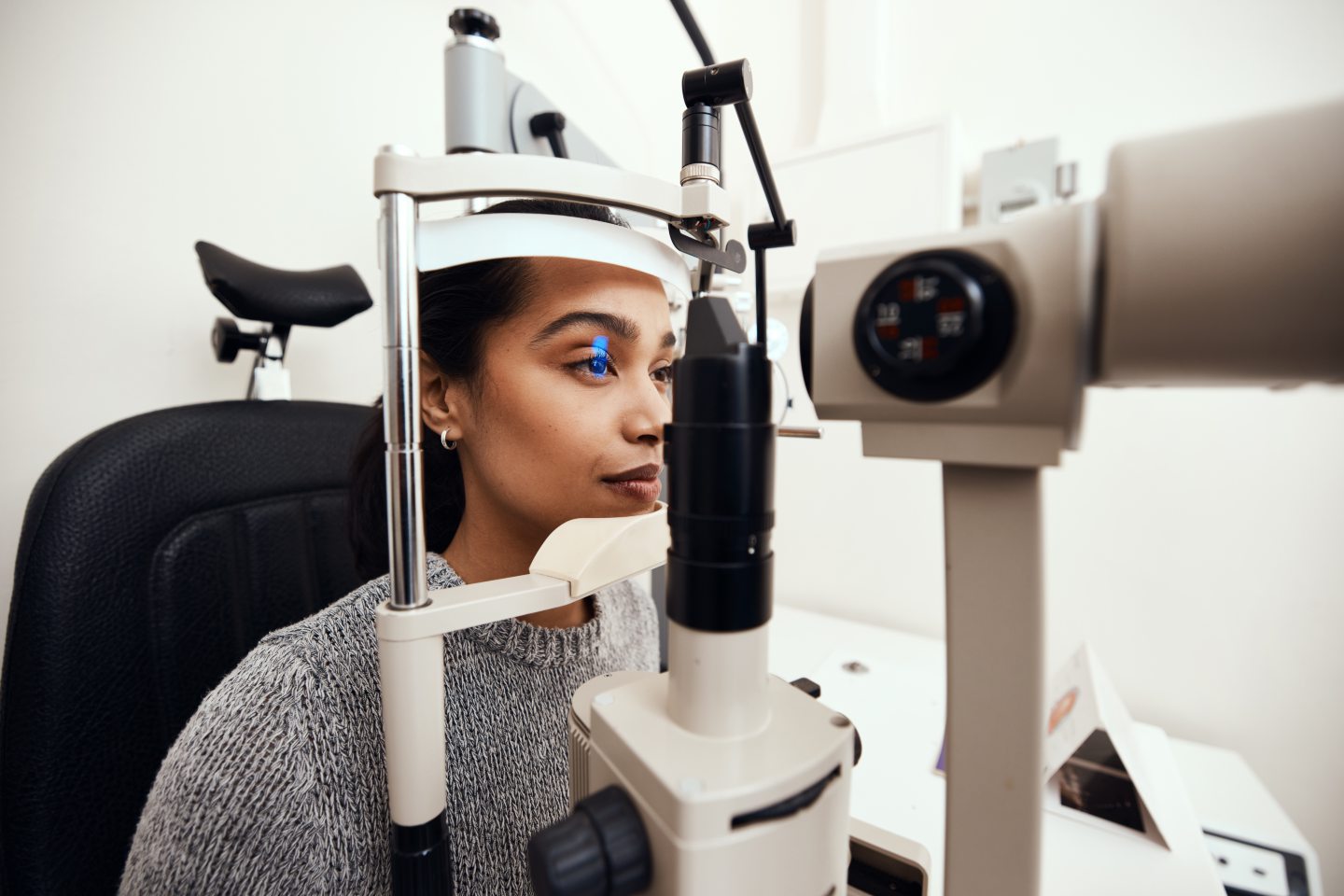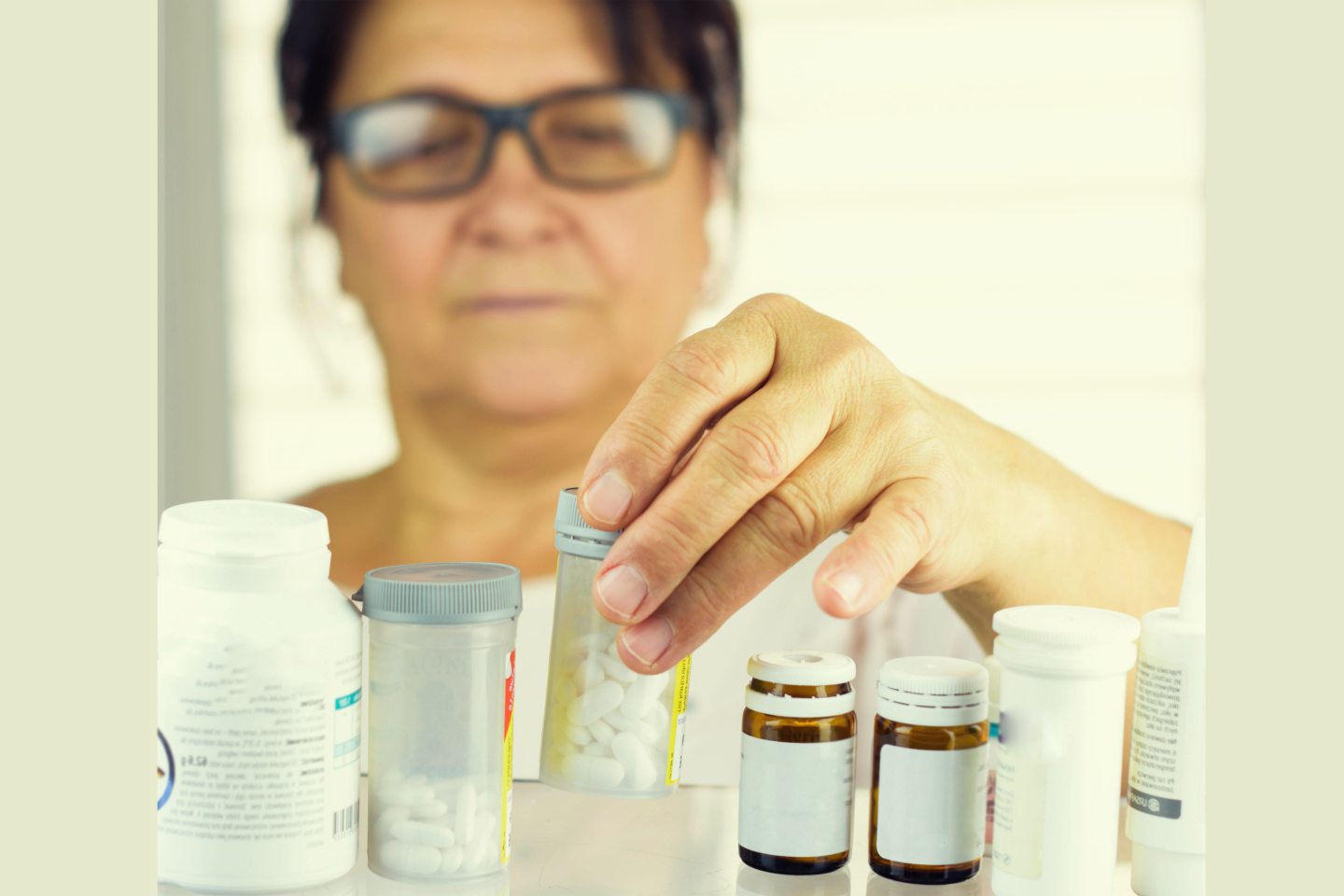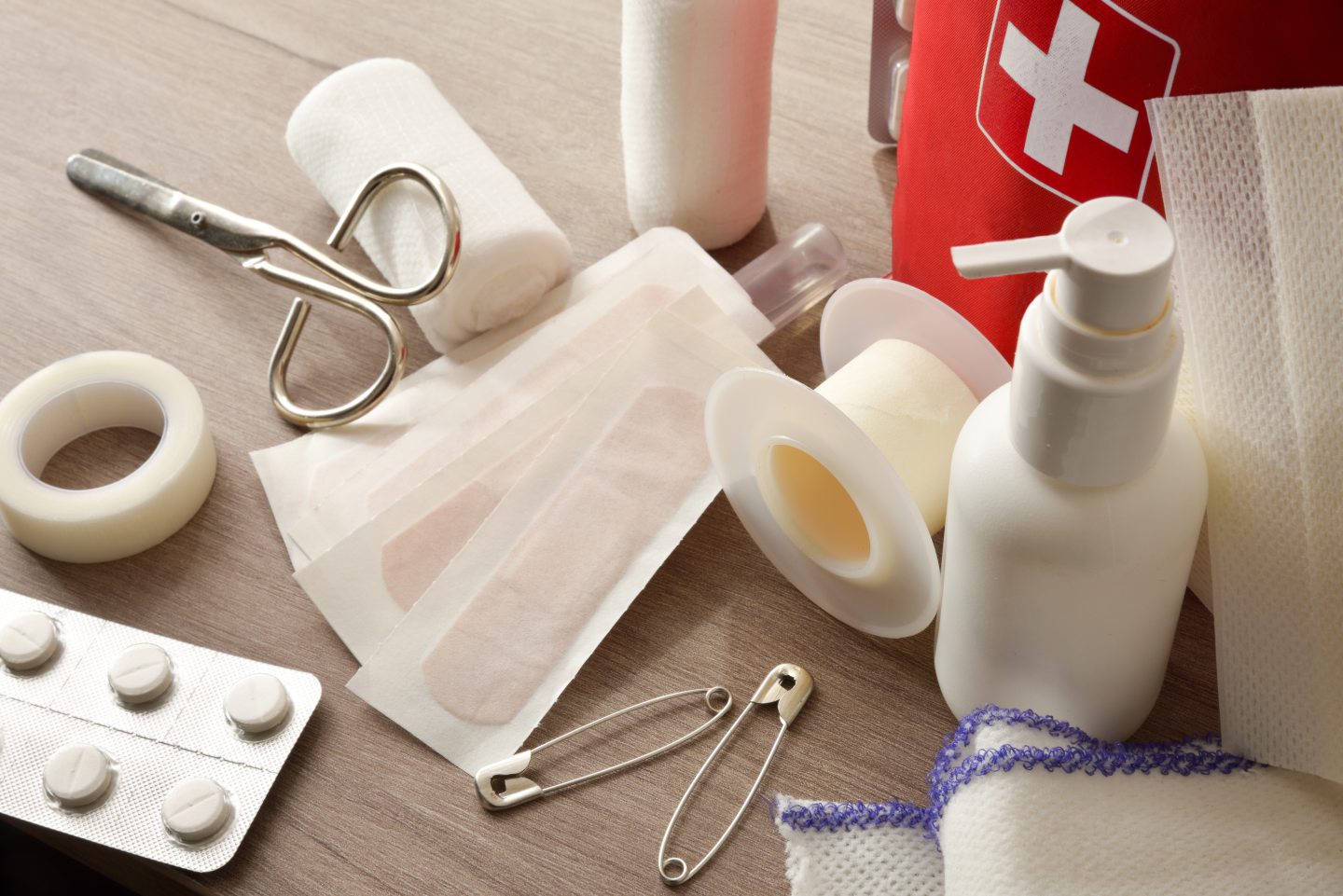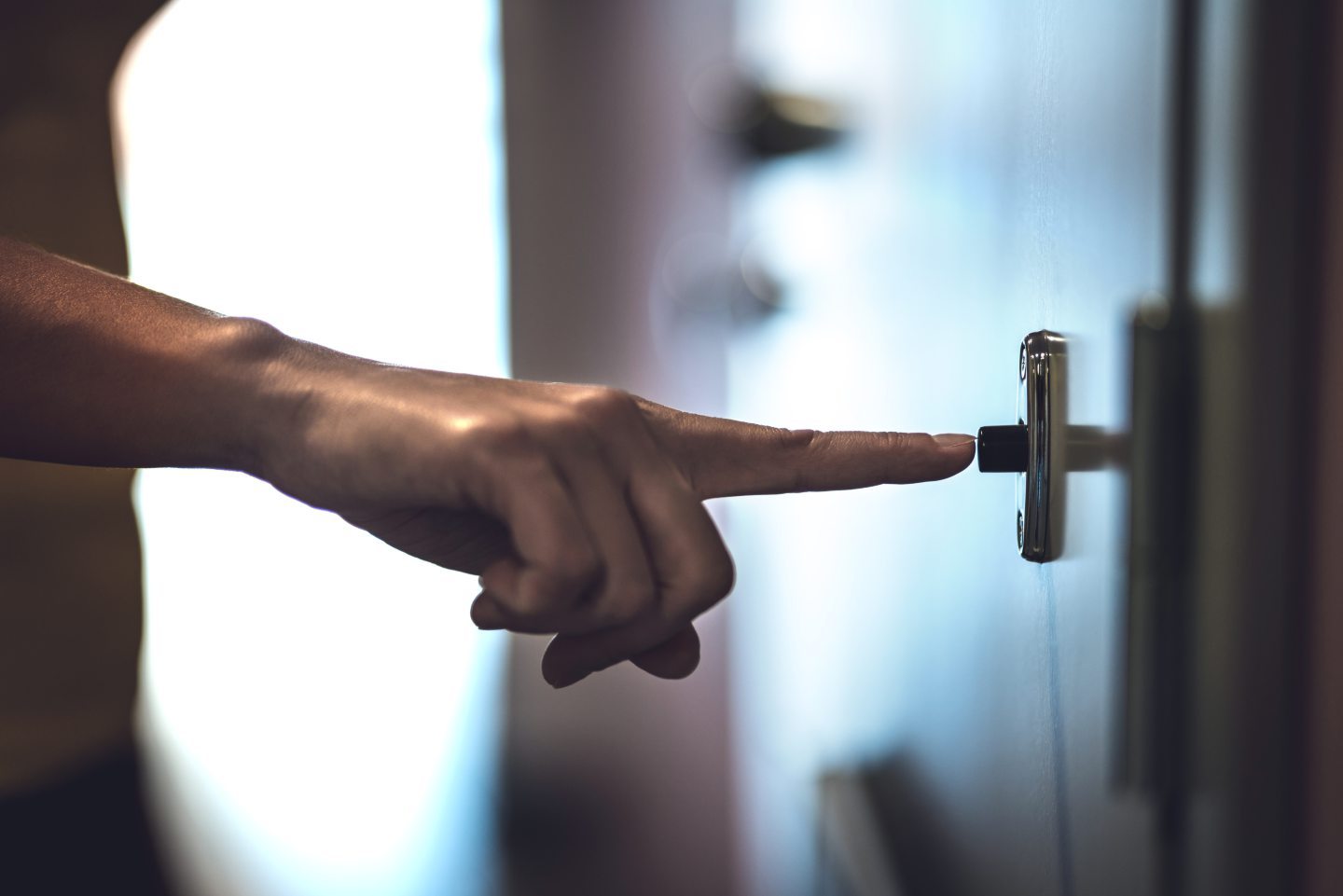
From checking prescription medicines to the best places to seek advice, here are 12 steps covering essential NHS winter information. Follow it through for a safe and cosy Christmas.
-
Some Sunday Post online content is funded by outside parties. The revenue from this helps to sustain our independent news gathering. You will always know if you are reading paid-for material as it will be clearly labelled as “Partnership” on the site and on social media channels,
This can take two different forms.
“Presented by”
This means the content has been paid for and produced by the named advertiser.
“In partnership with”
This means the content has been paid for and approved by the named advertiser but written and edited by our own commercial content team.
1. Vaccinations for flu and Covid are available
Vaccines to help protect you from flu and coronavirus this winter are now available. NHS Scotland recommends you get your vaccines as soon as they are offered to you.
Don’t let your protection fade. Find out what you’re eligible for and how to arrange your vaccination appointment.
2. Check essential NHS winter services
There are a range of NHS health services. To make sure everyone can access the care they need quickly and safely it is important you choose the right care in the right place.
NHS inform
Use NHS inform in the first instance for any health care advice or information that is urgent, but not life-threatening. NHS inform has lots of health information, whether that be self-care advice, directions to visit another healthcare provider or call the 111 service. If it’s an emergency, you should still always call 999 or go straight to A&E.
NHS 24 on 111
Call NHS 24 on 111 any time, day or night, if you think you need to visit A&E but your situation is not life-threatening, or if you are too ill to wait until your GP practice is open.
NHS Pharmacy First Scotland
For help with minor illness, a pharmacy is the first place you should go for advice, and treatment if appropriate. They can also help if you run out of a repeat prescription.
Dentist
For any oral pain or something in your mouth that you are unsure about, contact your dentist.
Optician
The majority of eye problems can be managed by your optometrist (optician), including:
- red and/or sticky eye
- pain in or around your eye
- sudden loss of vision
- blurred or reduced vision
- flashes and floaters
Minor Injuries Unit (MIU)
If you think you need to visit a MIU, you should call NHS 24 on 111. NHS 24 will direct you to the best care for your needs. A MIU can help if you:
- have a cut
- have a minor burn
- have a sprain or strain
- think you have broken or fractured a bone
3. Get comfortable with NHS inform this winter
NHS inform provides accurate and reliable health information online to help you make informed decisions. Why not save it to your bookmarks, so you can get to it easily?
You’ll find everything from a range of symptom checkers to self-care advice and information on where to go if you need further medical care.
Visit NHS inform to learn more about topics including:
- coronavirus (COVID-19)
- colds and flu
- minor injuries, cuts and scrapes
- preventing falls
- eye problems
- sickness bugs
- problems with muscle, bones and joints
- mental health
4. Is your medicine cabinet in-date?
Make sure you have over-the-counter remedies for common illnesses at home, speaking to your pharmacist for advice. Remember to always follow the advice on the pack and don’t get too much, to avoid medicines going out-of-date and being wasted.
Speaking of which, regularly check that your medicines are in-date. Have a look now before Christmas and take any unused or out-of-date medicines to your pharmacy to be disposed of safely.
At the same time, get prepared for winter and check you have:
- paracetamol and ibuprofen for pain relief (check the label or speak to your pharmacist to see it’s suitable for you)
- anti-histamines to help allergies
- anti-diarrhoeals for diarrhoea
- indigestion remedies such as an antacid
- mild laxatives for constipation
5. Don’t forget about medicine for kids
Ensure you also have age-appropriate medicines at home for the little ones in your family, or any that may be visiting and spending time with you this festive season. Your pharmacist can advise on the most suitable ones to keep in the house.
In the case of fevers, a thermometer is also a good idea as it means you can monitor temperatures accurately. Remember you can check NHS inform for information on the likes of rashes, tummy upsets and earaches.
6. Do you have a first aid kit?
In case of little accidents like cuts, scraps and minor burns, it’s advisable to have a first aid kit which includes plasters, bandages and antiseptic wipes. You may be able to successfully treat some minor injuries yourself, at home.
However, expert help is still available. If you need further advice contact your GP during opening hours, or call NHS 24 on 111 if you need urgent or out-of-hours care.
7. Don’t let an MSK injury derail your Christmas
Winter weather can be treacherous at times, but there is some self-care you can do if you’re unlucky enough to have a slip, trip or fall.
NHS inform’s musculoskeletal (MSK) pages have lots of information on how to self-treat an MSK injury such as twisted ankles, back pain or shoulder problems. It also includes advice on when and where to seek further help if the issue needs urgent attention or symptoms are not improving.
8. Get help to look after your mental health
When it comes to NHS winter essentials, mental health is just as important as physical health. The winter months can be a difficult time for many people. The drop in temperature and shorter days can have an impact on your mental wellbeing. If you’re feeling down, there are ways you can help look after your mental health. Mental health self help guides are available on NHS inform.
If you’re feeling overwhelmed or need support you can phone NHS 24 on 111, day or night. You can also contact Breathing Space on 0800 83 85 87. They’re open Monday to Thursday, 6.00pm to 2.00am and Friday from 6.00pm to Monday until 6.00am.
9. Top tips to keep warm during winter
During winter as the temperature drops, it’s important to keep warm when inside and outside to help prevent colds, flu and more serious health problems. Follow these tips to keep warm this winter:
- Try to heat the room you regularly spend time in to 18 degrees, especially if you’re not very mobile, aged 65 or over, or have a health condition such as heart or lung disease.
- Try to keep the heat in your home by closing windows and curtains at night and consider other ways to reduce home heat loss.
- Keep your body, hands and feet warm by wearing warm clothing and make sure you stay dry.
- Keep active at home, try to move around every hour.
- Eat at least one hot meal a day.
- Have regular hot drinks.
10. Check you have enough prescription medicines to last the festive holidays
With Christmas and Hogmanay falling on weekends this year, many pharmacies and healthcare providers will be closed for a period of four days on each occasion. That’s why it’s important to plan head and order what you need in time before these holidays.
To ensure you have all the medicines you require, please check what medicines you already have and ensure you have enough to last through the holidays. If you require additional supplies please be aware that GP practices and pharmacies need time to process requests so you will need to act quickly.
Your local pharmacy can help to organise essential medicines if you do run out, but being organised and planning ahead means you can avoid interrupting your celebrations with a visit to the pharmacy.
11. Be prepared for a change in GP opening hours
Due to public holidays, GP and pharmacy opening hours may be different from normal during the festive period. Be prepared and aware of what the changes are for your healthcare service.
Remember, there is a wide range of guides on NHS inform to help people manage their illnesses and decide whether or not they need to speak to a healthcare professional. The guides don’t replace appointments, if you need one, but they are a helpful first step for you and your family if illness does strike over the break.
Scotland’s Service Directory on NHS inform has details of health and wellbeing services in Scotland. It includes GP practices, pharmacies, dental services and support groups.
12. Check on others during the festive period
If you have vulnerable neighbours, relatives or know someone with heart and breathing problems, check in with them to make sure they:
- are feeling well
- are warm enough at home
- have enough food and medicines if they are unable to go out in bad weather
Call their GP or NHS 24 on 111 if you’re concerned someone is unwell or may have hypothermia. If you are concerned that someone isn’t coping, contact your local council or the Age Scotland helpline on 0800 12 44 222, Monday to Friday 9am-5pm.
While it’s good to be prepared for Christmas and know essential NHS winter updates, help is always available. Throughout the festive period, you can check NHS inform for advice or call your GP during opening hours. NHS 24 is also available for support any time, day or night. Call NHS 24 on 111 if you think you need to visit A&E but your situation is not life-threatening, or if you are too ill to wait until your GP practice is open.

Enjoy the convenience of having The Sunday Post delivered as a digital ePaper straight to your smartphone, tablet or computer.
Subscribe for only £5.49 a month and enjoy all the benefits of the printed paper as a digital replica.
Subscribe © Shutterstock
© Shutterstock  © Shutterstock
© Shutterstock  © Shutterstock
© Shutterstock  © Shutterstock
© Shutterstock  © Shutterstock
© Shutterstock